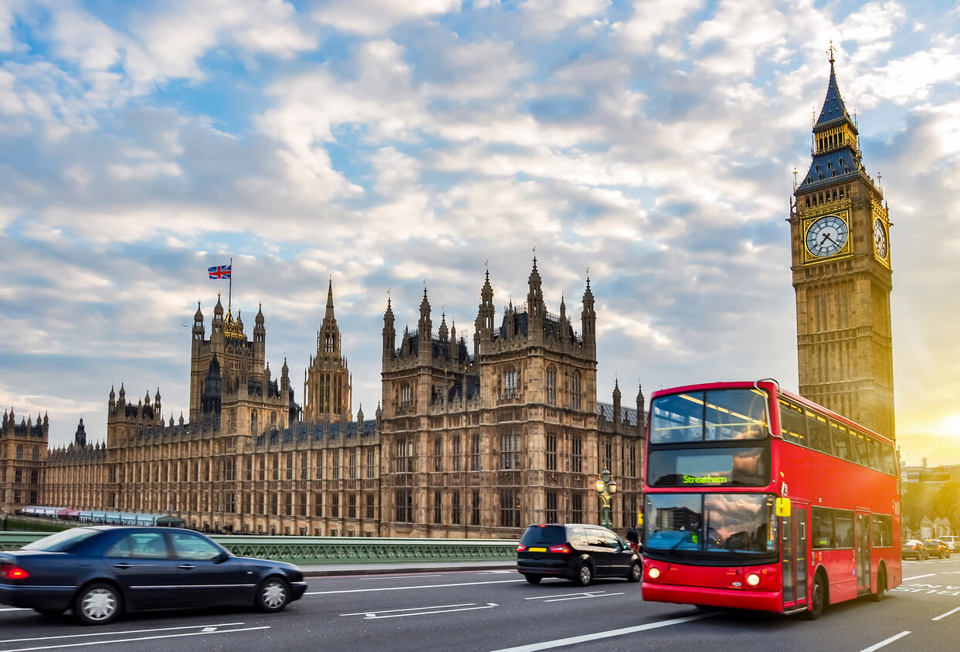The London congestion charge should be replaced with a city-wide, pre-pay, road-user pricing scheme which takes account of a journey’s environmental impact.
That’s according to an independent commission of transport and environmental experts, who are calling on the mayor of London to make more efficient use of London’s road network.
It argues that as more elaborate forms of road pricing are becoming feasible and, given that the current five-year contract for running London’s congestion charge zone (CCZ) and low emission zone (LEZ) ends in 2018, the time to consider dynamic, road-user pricing is now.
The Commission on the Future of London’s Roads and Streets was set up by the Centre for London think tank to develop new ideas on what London could do to manage conflicting pressures on transport in the capital.
In its final report, it says there are many benefits to introducing a more integrated road pricing regime in the capital, which could also take account of the recently brought in T-charge and the ultra-low emission zone (ULEZ) due to be introduced in 2019 (subject to consultation).
London’s congestion charge was introduced in 2003 and requires certain vehicles entering the charging zone from 7am-6pm, Monday to Friday, to pay a set daily charge regardless of the distance travelled in the zone or the number of times it is entered.
When the initial £5 charge was introduced, there was an immediate reduction in car traffic and delays. However, the increase to £8 in 2005 had no additional impact and, despite a further increase to £11.50, delays due to congestion have returned to pre-charging levels.
Given the Government’s recent commitment to ban all sales of new fossil fuel-only vehicles by 2040, it is likely a new fiscal mechanism will be required at national level to replace this revenue. Fuel duty currently accounts for 3.9% of total Government receipts, and efficient vehicles are already having an impact on revenues.
The report argues that “in anticipation of a national decision, it is right that London, as the city with the only substantial road-user charging system in the UK, takes a lead in determining the vision for a longer term solution”.
The draft mayor’s transport strategy has recognised the need to replace the congestion charge with a “more sophisticated” road-user charging scheme that reflects “distance, time, emissions, road danger and other factors in an integrated way”.
Ben Rogers, director at Centre for London, said mayor Sadiq Khan will need to introduce some “brave and farsighted reforms” to tackle congestion and air pollution. “With the help of the reforms proposed by the commission, London could be admired across the world for the way it enables easy, pollution-free and affordable movement around the city,” he said.
Transport for London’s general grant from Government is coming to an end in 2018, according to the report, so road pricing would also provide valuable revenue to support transport investment, it says.
Tantalum, which was awarded £1.4 million by Innovate UK and the Centre for Connected and Autonomous Vehicles to research a connected vehicle’s real-time environmental impact, believes an emissions-based charging scheme is the fairest and most effective approach.
Tantalum CEO Ozgur Tohumcu told Fleet News: “The latest report from the Centre of London’s commission is an important step in finding new ways to manage our roads.”
Tantalum is currently recruiting companies from the public and commercial sectors to take part in a six-month trial of its technology. The Air Car trial aims to develop technology capable of accurately estimating NOx emissions.























The Engineer - 01/11/2017 16:10
"When the initial £5 charge was introduced, there was an immediate reduction in car traffic and delays. However, the increase to £8 in 2005 had no additional impact and, despite a further increase to £11.50, delays due to congestion have returned to pre-charging levels." If ever there was an indictment of a failed scheme this is as clear as day. Purely and simply its just another money making road toll, probably mostly paid either by those wealthy enough to not care or more likely companies that have to send their people into London to service the ungrateful city! - of course we get the money back by charging London more for our services.